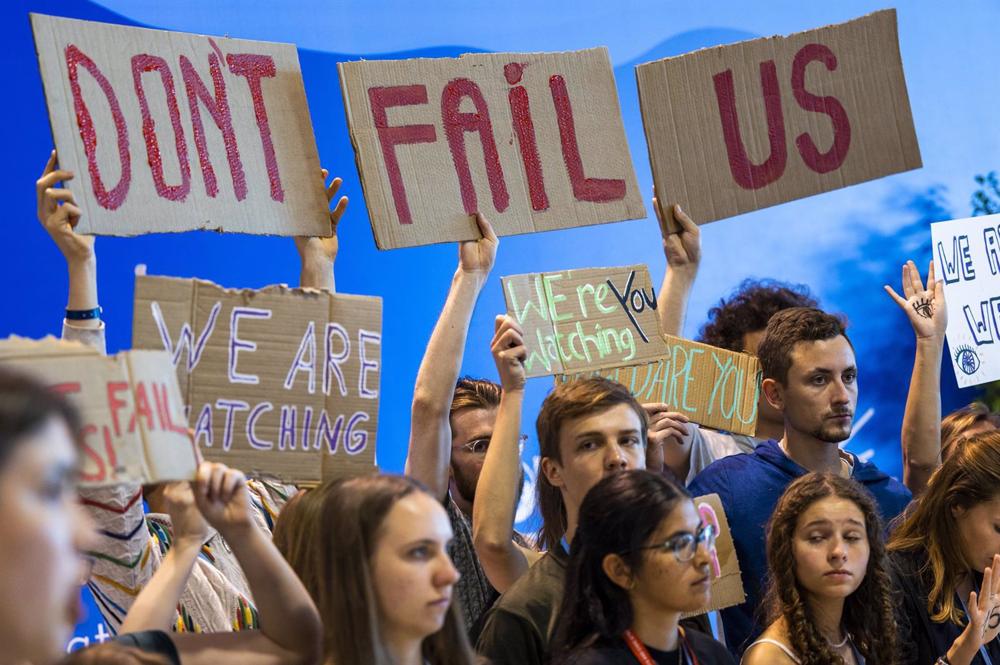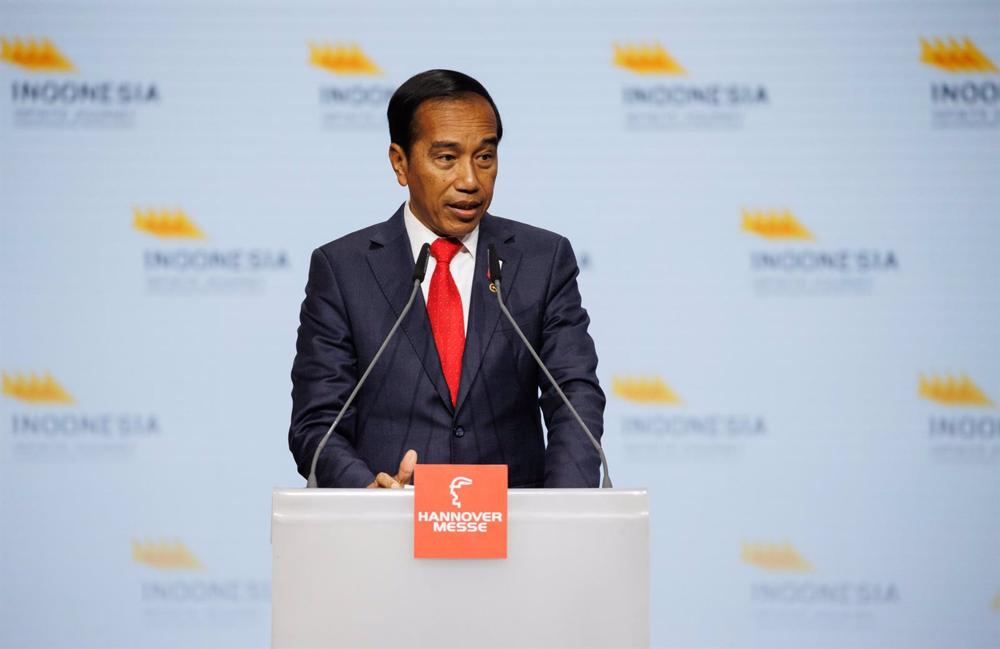
The 27th UN Climate Change Conference of the Parties being held in Sharm el-Sheikh is heading towards the end with a last minute agreement after the summit was on the verge of collapsing in the early hours of Saturday, a day’s extension of the scheduled timetable, with the European Union announcing that it was ready to leave Egypt rather than be «complicit» in a bad outcome.
New negotiating texts presented by the Egyptian Presidency, headed by Foreign Minister Samé Shukri, have achieved some progress on a basic agreement on financing for the poorest countries most affected by the effects of global warming.
The proposal, according to Bloomberg, could set up a new fund going into next year to finance the costs of climate damage. While talks will continue into the night, negotiators have now focused on reaching language that can meet demands from the European Union that want stronger action on climate change mitigation.
This Saturday afternoon delegates are negotiating behind closed doors trying to find text that satisfies all 200 nations before ministers return home after two weeks of negotiations. The final version will be unveiled in a plenary session that will bring the Summit to a close.
«I am cautiously optimistic at this point,» said Norway’s Energy and Climate Minister Espen Barth Eide, hours after the day began with EU delegation head Frans Timmermans threatening to walk out of the Red Sea negotiations.
That was precisely the first move at the meeting, to try to make progress on a pledge on the loss and damage mechanism in exchange for a tougher line on emissions.
«The EU is united in ambition to move forward in building on what we agreed in Glasgow,» Timmermans said, accompanied by a large representation of energy and climate ministers from the EU-27. «Our message to the parties is clear: we cannot accept that the 1.5°C (target) dies here today,» he warned.
The breakthrough achieved on loss and damage has been made possible by adding a line in the text ensuring that funds will go only to the most vulnerable countries, such as small island states and least developed nations. The text also includes a reference that could include other countries, such as China, in the resolution of the problem. This would include emerging economies that have now become some of the largest emitters of greenhouse gases.
The EU demands that peak global emissions be reached by 2025 and calls for the gradual abandonment of fossil fuels, which were not in the previous version of the text, interpreted by Spain’s Minister for Ecological Transition and Demographic Challenge, Teresa Ribera, as a «lack of respect» for the negotiators. However, work has been done to find language that could satisfy European concerns.
The UK, a key EU climate ally, claimed that the latest text threatened to roll back climate action achieved at the previous summit in Glasgow, Scotland, an indication that progress would have to be made on mitigation before the European bloc would be willing to sign the agreement.
Former COP26 chair and UK negotiator Alok Sharma warned, «The current text doesn’t go beyond Glasgow and doesn’t even get us to Glasgow.»
Meanwhile, the agreement on loss and damage has been applauded by African delegations who took compensation pledges for granted before the Summit began. «It’s a victory, not only for Africa, but for developing nations,» said the head of the African group of negotiators, Ephraim Mwepya Shitima. «We will come back smiling,» he added.






